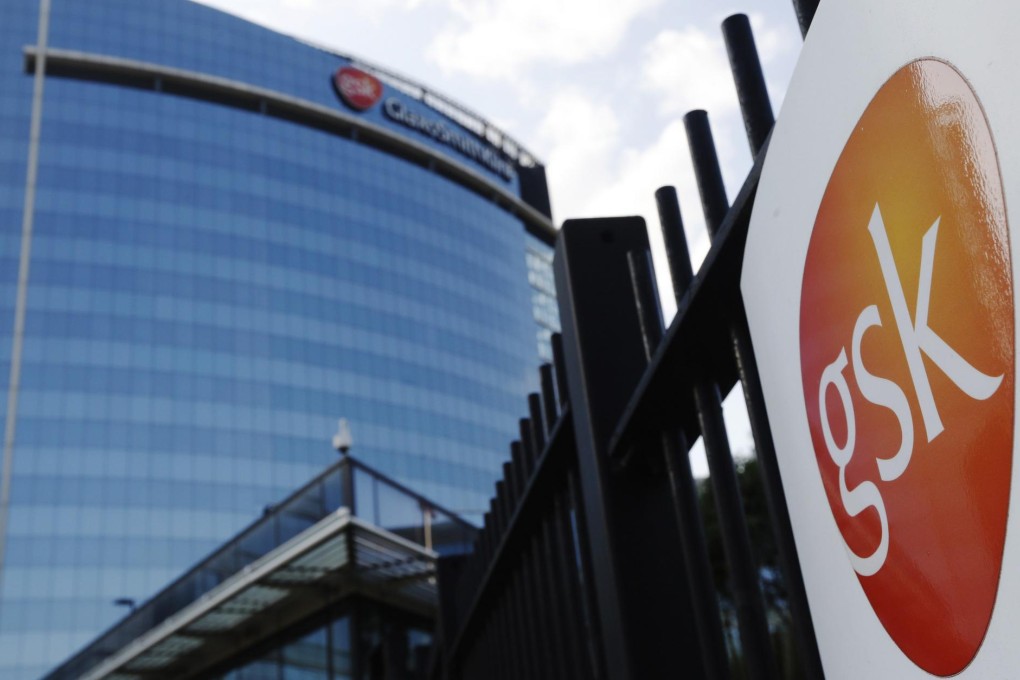GSK graft probe in China may turn global with American, British interest
Analysts say investigation could spread out from China to other firms internationally because those being bribed are typically state workers

The corruption investigation involving GlaxoSmithKline (GSK) and other drug companies in China may turn into a global investigation of the pharmaceutical industry by US and British authorities, analysts say.
Chinese authorities allege GSK employees gave at least three billion yuan (HK$3.8 billion) in bribes to doctors, hospitals and others in the mainland. Chinese authorities, moreover, recently began investigations into French drug firm Sanofi, based on allegations of corruption from a whistle-blower.
With its American Depositary Receipts (ADRs) trading n New York, GSK is answerable to the US Department of Justice (DOJ), under the US Foreign Corrupt Practices Act, while as a British company, GSK can be investigated by Britain's Serious Fraud Office under the UK Bribery Act, said Rob Morris, managing director of AlixPartners, an international business advisory.
If this has happened in China, does it happen in … in other countries
Mark Pulvirenti, executive director of AlixPartners, said there was a chance an investigation by US or British authorities could spread to other companies in the industry in the mainland, and, potentially, to those companies' operations in other countries.
"They will ask, if this has happened in China, does it happen in the same company in other countries. I would be surprised if the justice department and the Serious Fraud Office haven't started looking at potential investigations into GSK," Pulvirenti said.
He cited previous cases, including a probe of German conglomerate Siemens, which began as an investigation by German authorities. The justice department later investigated Siemens under the corrupt practices act, extending the investigation to other countries, said Pulvirenti. Siemens was found guilty of corruption in many countries, including China, for which it paid US$800 million to the US government and US$850 million to the German government in 2008.
"The life sciences industry, according to the justice department, is one of the highest-risk industries for corruption, based on the fact that, globally, most hospitals, clinics and laboratories are owned by foreign governments, making their employees foreign officials," said Rebekah Poston, a partner in US law firm Squire Sanders.